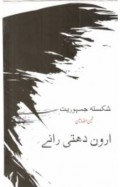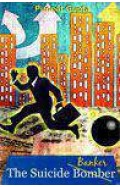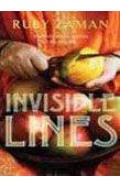- Home
- Sale
- 11.11 Sale UPTO 90% OFF
- 55% OFF
- Who's Afraid of China? The Challenge of Chinese Soft Power -
Who's Afraid of China? The Challenge of Chinese Soft Power -
By: Michael Barr
-
Rs 1,302.75
- Rs 2,895.00
- 55%
You save Rs 1,592.25.
Due to constant currency fluctuation, prices are subject to change with or without notice.
If China suddenly democratised, would it cease being labelled as a threat? This provocative book argues that fears of China often say as much about those who hold them as they do about the rising power itself. It focuses not on the usual trope of economic and military might, but on China's growing cultural influence and the connections between China's domestic politics and its attempts to brand itself internationally. Using examples from film, education, media, politics, and art, Who's Afraid of China? is both an introduction to Chinese soft power and a critical analysis of international reaction to it. It examines how the West's own past, hopes, and fears shape the way it thinks about and engages with China and argues that the rising power touches a nerve in the Western psyche, presenting a fundamental challenge to ideas about modernity, history, and international relations.
| Book | |
| What's in the Box? | 1 x Who's Afraid of China? The Challenge of Chinese Soft Power - |
If China suddenly democratised, would it cease being labelled as a threat? This provocative book argues that fears of China often say as much about those who hold them as they do about the rising power itself. It focuses not on the usual trope of economic and military might, but on China's growing cultural influence and the connections between China's domestic politics and its attempts to brand itself internationally. Using examples from film, education, media, politics, and art, Who's Afraid of China? is both an introduction to Chinese soft power and a critical analysis of international reaction to it. It examines how the West's own past, hopes, and fears shape the way it thinks about and engages with China and argues that the rising power touches a nerve in the Western psyche, presenting a fundamental challenge to ideas about modernity, history, and international relations.
Who's Afraid of China? The Challenge of Chinese Soft Power -
By: Michael Barr
Rs 1,302.75 Rs 2,895.00 Ex Tax :Rs 1,302.75
Zubin Mehta: A Musical Journey (An Authorized Biography)
By: VOID - Bakhtiar K. Dadabhoy
Rs 472.50 Rs 1,050.00 Ex Tax :Rs 472.50
Manning Up: How the Rise of Women Has Turned Men into Boys
By: Kay Hymowitz
Rs 646.75 Rs 995.00 Ex Tax :Rs 646.75
No recently viewed books available at the moment.
Zubin Mehta: A Musical Journey (An Authorized Biography)
By: VOID - Bakhtiar K. Dadabhoy
Rs 472.50 Rs 1,050.00 Ex Tax :Rs 472.50
Who's Afraid of China? The Challenge of Chinese Soft Power -
By: Michael Barr
Rs 1,302.75 Rs 2,895.00 Ex Tax :Rs 1,302.75












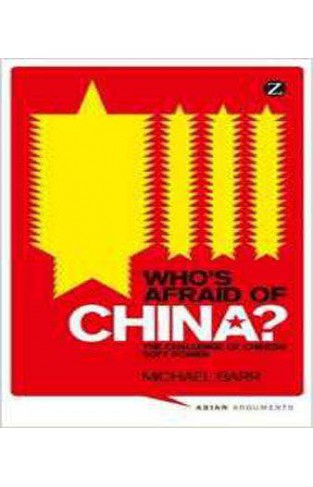
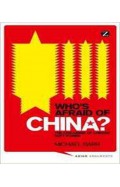
-120x187.jpg?q6)





